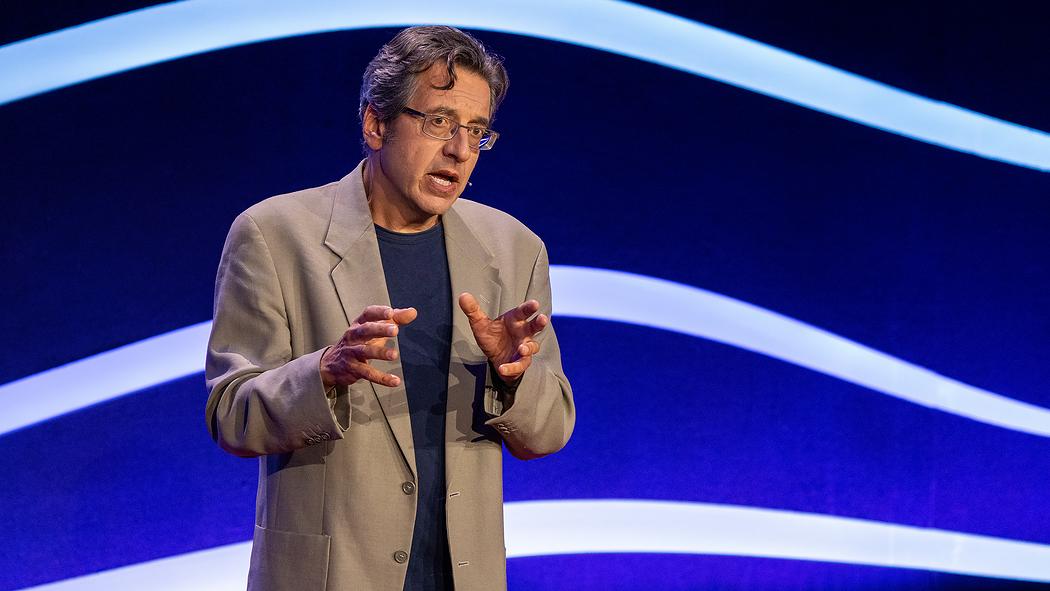Can we feed ourselves without devouring the planet?
Farming is the worst thing humanity has ever done to the planet, says journalist George Monbiot. What's more: the global food system could be heading toward collapse. Detailing the technological solutions we need to radically reshape food production -- from lab-grown, protein-rich foods to crops that don't require plowing -- Monbiot shares a future-focused vision of how humanity could feed itself without destroying the planet.
Continued here